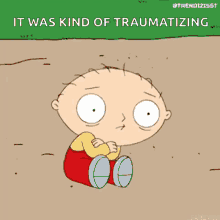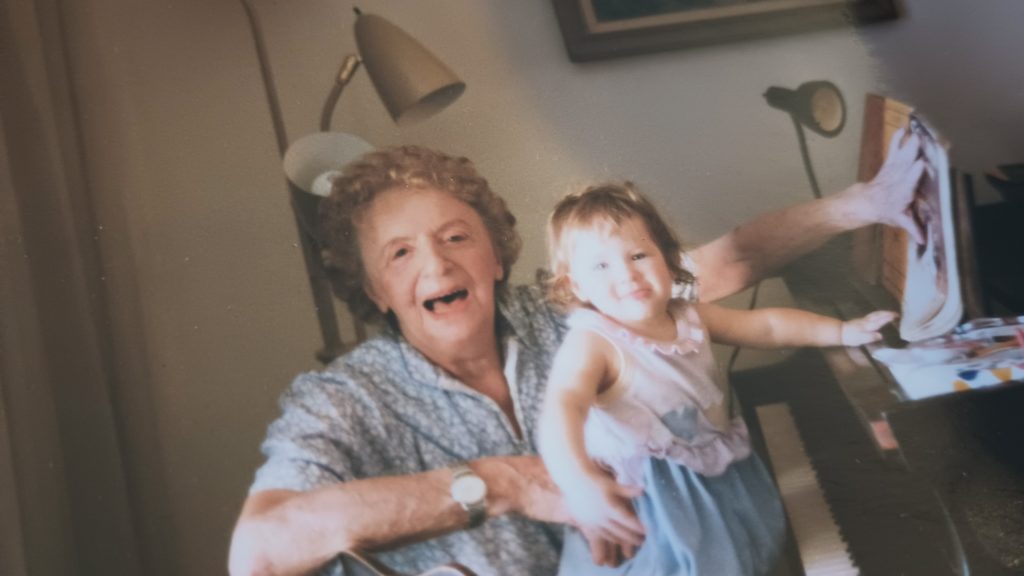In my “music memoir” IMPERFECT PITCH, I wrote about my first (and only) piano recital when I was nine years old: the intense sense of jittery, fog-induced isolation I felt when we arrived at the recital hall, enhanced when the emcee called my name. I walked to the dark stage where the piano waited for me. The beam of spotlight arrowed straight into my eyes, and I could feel everyone in the audience watching me, judging me, as the white notes, the black notes spread like a sea of crocodiles under my fingers. My dress itched, my legs swung in the air, and I had to squirm half off the stool to reach the pedal. I played the first note, a B, which sounded totally different from the mushy B on my piano at home: too soft. I pushed down harder, but the second phrase still sounded faint, as if it were straining to push through a dark cloud. I played the next phrase, nearly banging, and then a wrong note threw me into forgetting what came next. Forgetting everything. The entire piece flatlined.
 I knew I wasn’t supposed to stop, so I kept playing, making up something that was kind of like the piece, which was also cross-handed and in b minor. As I traveled an unmarked trail through the thicket of the keyboard, I felt the audience’s eyes like the eyes of wild animals in the dark, tracking me until I finally decided I’d had enough and landed on a final b minor chord. I stood up and bowed, waiting in an endless moment of stunned silence until a trickle of applause finally came like a faint drizzle, as I steeled myself to remember to walk, not run, off the stage.
I knew I wasn’t supposed to stop, so I kept playing, making up something that was kind of like the piece, which was also cross-handed and in b minor. As I traveled an unmarked trail through the thicket of the keyboard, I felt the audience’s eyes like the eyes of wild animals in the dark, tracking me until I finally decided I’d had enough and landed on a final b minor chord. I stood up and bowed, waiting in an endless moment of stunned silence until a trickle of applause finally came like a faint drizzle, as I steeled myself to remember to walk, not run, off the stage.
On the way home, my parents talked about other things, their modus operandi. If we don’t discuss it, it didn’t happen. It was a moment of shame for disappointing them, as well as myself.
But just last Sunday, 54 years later, at a workshop for 30 Poems in November, led by the fabulous Nerissa Nields that focused on song lyrics, in my 20-minute attempt to craft yet another new set of words to Leonard Cohen’s Hallelujah I had an epiphany. I could reframe this moment as one of creativity and innovation, a moment where I used my ability to improvise to turn this looming disaster into a positive experience!
Of course, in the classical world I grew up in, improvising a prescribed melody was not what we were supposed to do. The goal was to memorize a piece and play it as close as possible to what we (or, in most cases, our teachers) believed the composer intended. And there’s validity to that, but there’s also validity to being inspired by what someone else might offer and lending the best of our creative selves to join the conversation.
Anyway, here are my lyrics. I hope they inspire you!
CREATIVITY SETS US FREE
(to the tune of Leonard Cohen’s Hallelujah)
My fingers stumble on the keys
My face red hot, my shaky knees
The audience so silent in the dark
I can’t remember what to play
And here I am, so on display
How can I tap into my inner spark?
Motivation, innovation, improvisation, creativity sets us free
I search the crowd for a face that smiles
Not one looms out in either aisle
I’m squirming in the spotlight’s heavy glow
And then my fingers find some keys
Play random notes, but still they please
The song inside my heart begins to flow
Motivation, innovation, improvisation, creativity sets us free
So I keep pounding the walls of doubt
Dig deep to turn my insides out
De-mine polluted landscapes filled with lies
Keep taking steps to stop the shitty
Voices reeking with self-pity
Focus on what’s hidden in the skies
Innovation, improvisation, self-acceptance, creativity sets us free
Come have a cup of tea with me
We’ll show each other how to see
The inner surge that keeps us going strong
We’ll write, we’ll sing, we’ll dance, we’ll play
No one can take our voice away
We’ll codify ourselves into our songs
Innovation, improvisation, self-acceptance, creativity sets us free
To subscribe to this blog, sign up at ddinafriedman.substack.com



